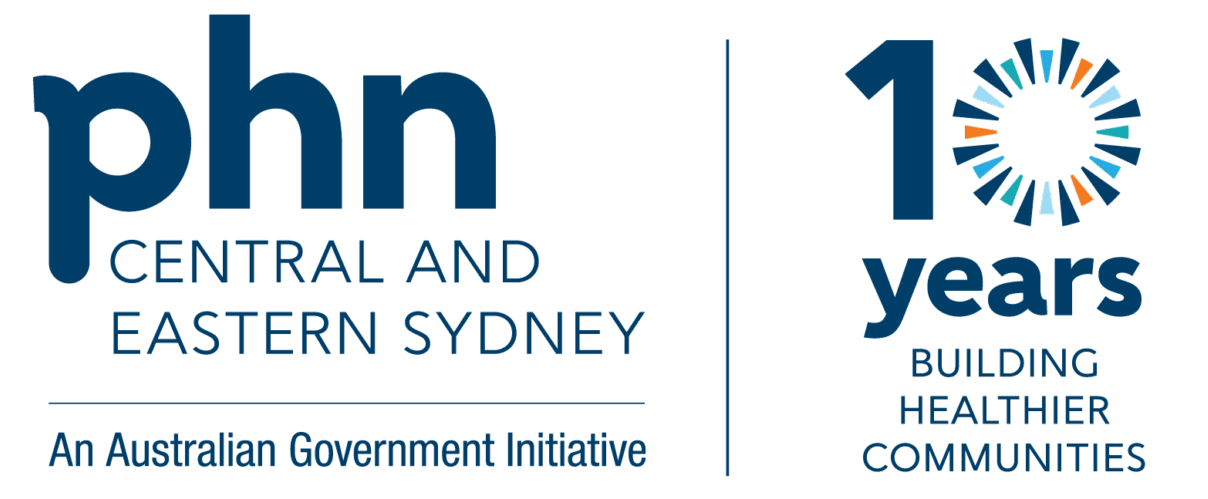

The CESPHN Immunisation Team can support Residential Aged Care Facilities (RACFs) with vaccination and cold chain management processes, including data logging, advice in the event of a power outage, how to register and use AIR, and connecting your facility with immunisation providers. This page contains resources for both RACF staff and residents.
Subscribe to CESPHN’s Sydney Health Weekly, which contains weekly immunisation updates.
Subscribe to the Department of Health, Disability and Ageing’s Aged Care Sector Announcements for updates.
Older adults living in RACFs are often at higher risk for developing complications from communicable diseases. Ensure your facility has processes to regularly check that your residents are vaccinated against influenza, COVID-19, shingles, RSV and pneumococcal disease.
See the Australian Immunisation Handbook for further recommendations.
The National Immunisation Program (NIP) funds several vaccines for people aged 65 and above. RACFs should ensure that residents stay up to date with vaccinations.
Herpes Zoster (Shingles)
Herpes zoster, commonly known as shingles, is a reactivation of the varicella-zoster virus (VZV) in a person who has previously had varicella (chickenpox). Herpes zoster commonly presents as a painful, self-limiting vesicular rash.
The Shingrix vaccine is NIP-funded for people aged ≥ 65 years. This is a 2-dose schedule with 2-6 months between doses (or 1-2 months apart in people who are immunocompromised).
For the most up-to-date information about the zoster vaccine, access the Australian Immunisation Handbook.
Pneumococcal
Pneumococcal disease is caused by the bacterium Streptococcus pneumoniae. It can cause severe invasive disease, including meningitis, pneumonia and bacteraemia, and non-invasive disease, including otitis media.
The Prevenar 13 vaccine is NIP-funded for people aged ≥ 70 years. This is a single dose schedule.
For the most up-to-date information about the pneumococcal vaccine, access the Australian Immunisation Handbook.
Influenza
Influenza is a common disease of the respiratory tract. It affects people of all ages.
Annual influenza vaccination is recommended for everyone ≥ 6 months of age, and NIP-funded for people aged ≥ 65 years. An adjuvanted influenza vaccine is funded for people aged ≥ 65 years; in 2025, this is the Fluad® Quad 0.50mL (CSL Seqirus).
For the most up-to-date information about the influenza vaccine, access the NSW Health Influenza in RACFs website, Australian Immunisation Handbook and 2025 program advice for health professionals.
COVID-19 is an infectious disease caused by the severe acute respiratory coronavirus 2 (SARS-CoV-2) virus. It affects people of all ages, but older adults and people with certain medical conditions have an increased risk of severe disease or death from COVID-19.
COVID-19 vaccinations remain funded for all recommended and eligible individuals, including those without a Medicare card.
COVID-19 vaccine dose recommendations vary depending on patients’ age:
COVID-19 resources:
Respiratory syncytial virus (RSV)
RSV (respiratory syncytial virus) is a virus that causes upper and lower respiratory tract infection. RSV infection can cause severe disease, particularly in very young and older people.
RSV vaccination with either the Arexvy or Abrysvo vaccine is recommended for all people aged ≥75 years and Aboriginal and Torres Strait Islander people aged ≥60 years. Non-Indigenous adults aged 60–74 years who do not have a medical risk factor for severe RSV disease may also consider vaccination. There are benefits of vaccination in this age group, but the benefits may be less than for those aged ≥75 years
However, the RSV vaccination is not funded for these cohorts through the NIP. Patients who wish to receive the RSV vaccine will be required to access it through private purchase.
For the most up-to-date information about the RSV vaccine, access the Australian Immunisation Handbook
To register for the Australian Immunisation Register (AIR), RACF’s must apply for an AIR provider number. Please see our AIR/PRODA webpage for more information or contact CESPHN’s digital health team at digitalhealth@cesphn.com.au to get your organisation registered.
Clinical managers within RACFs can now apply on behalf of their RACF to become recognised vaccination providers with the AIR. This will allow them to access the AIR to check residents’ vaccination status and report vaccinations. It does not authorise them to administer vaccines.
An information sheet has been developed to support this process, and this should be reviewed by applicants before applying.
Key points:
Further information:
Finding a vaccination provider to regularly keep your residents’ vaccinations up to date can be challenging. RACFs can use GPs, Authorised Nurse Immunisers and pharmacists to vaccinate their residents. If you are having difficulty sourcing a provider, please contact immunisation@cesphn.com.au and we will try to assist in connecting you with an immunisation provider.
Please see our Cold Chain Management page for more information on requirements, advice, resources and best practice for cold chain management processes.
Please see our Nurses page for more information on nurse support, including education and professional development opportunities, resources, and policy and legislation.